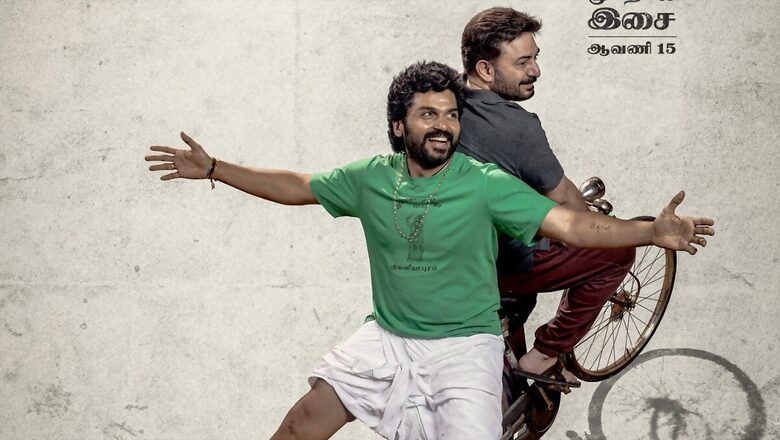
views
Meiyazhagan Movie Review: If director Prem Kumar’s debut film 96 was a nostalgic journey about unrequited love, his second film Meiyazhagan is an emotional odyssey of Arul Mozhi (Arvind Swami) in search of his lost home. While 96 has predecessors like Hollywood’s Before trilogy, Meiyazhagan stands unique. Though it is primarily about Arul’s return to his native village in Thanjavur for his cousin’s wedding, when Karthi’s character enters the scene, the film evolves into a deep exploration of Dravidian identity, Tamil culture and history.
Arul Mozhi cannot recall the name of this person who claims to be his relative. However, this unnamed character seems to know everything about Arul and, in a sense, worships him. What begins as an annoying presence transforms into the most lovable person imaginable. By the film’s end, Arul realises something similar to Charlie Mackesy’s famous line from The Boy, the Mole, the Fox and the Horse: “Home isn’t always a place.”
Meiyazhagan feels like a fantasy because Karthi’s character is impossibly ideal. Even Arul wonders, asking his wife, “I don’t know how one can live like this, or whether everyone should live like him.” Karthi’s character represents an impossible amalgamation of altruism, rationality, spirituality, innocence, chivalry, sarcasm, pride and valor—a paradox. One brilliant expression of his enigma is the presence of Periyar’s photo next to the Tamil god Murugan (Karthikeya in the North) in his home. Periyar, an atheist who opposed Hinduism, is garlanded and worshipped alongside Murugan. This might signify inclusivity—he embraces both the Tamil god and the Tamil leader. It can be seen as either naive or unfathomably mature, representing the complexity of Tamil identity itself: a state with the most temples also reveres EV Ramasamy, known as Periyar.
Meiyazhagan is more of a character study than a typical film about the bromance of two contrasting individuals. Even its structure is unusual. The interval arrives unusually early for a film nearly three hours long, occurring just as Arul is forced to spend a night with Karthi’s character. The second half follows their interrupted journey, bonding over beer, old Tamil songs, and reflections on the Sri Lankan Civil War.
Watching Meiyazhagan feels like reading a novel—brilliant moments hidden amidst loose strands. The only conflict is that Arul cannot remember the name of this person who adores him, claiming they grew up together. Guilt consumes Arul, yet the conflict isn’t strong enough to sustain the film’s length. However, Prem Kumar uses this conflict as a vehicle to explore other aspects of the story, some connected to the main plot, others not.
At the end of the day, Meiyazhagan is bound to be divisive. It offers little in terms of story and relies heavily on its powerful moments. It’s easy to say the film works in parts but fails as a whole. Yet, perhaps there’s no other way to present this potpourri of all things Tamil. The film can also be criticised for its romanticisation of rural life and exclusion of systemic issues like casteism. However, as mentioned earlier, it offers an idealistic view through a rosy lens, much like its unnamed character. Just as 96 was critiqued for Ram (Vijay Sethupathi) being a man-child and the unrealistic platonic relationship between Ram and Jaanu (Trisha), Meiyazhagan may face similar criticism. Prem Kumar once again imagines a utopia, embodied in characters like Ram, but it may not resonate with everyone.











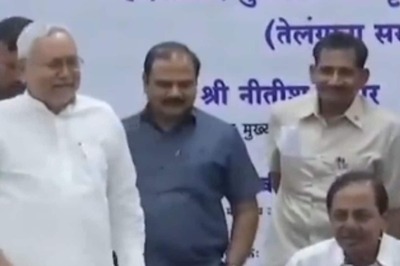

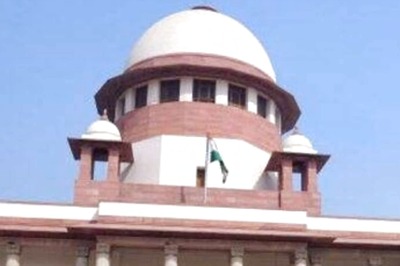
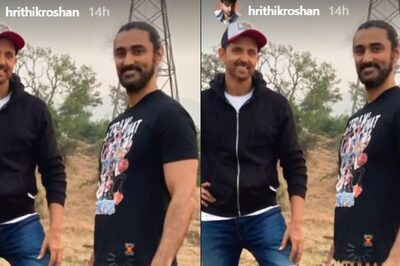
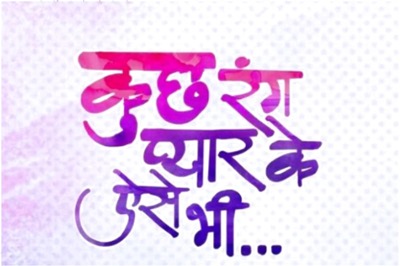
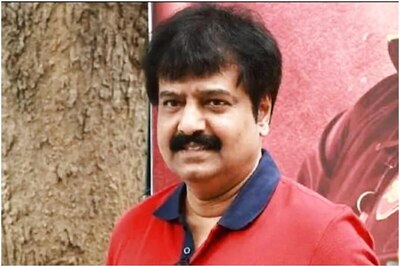

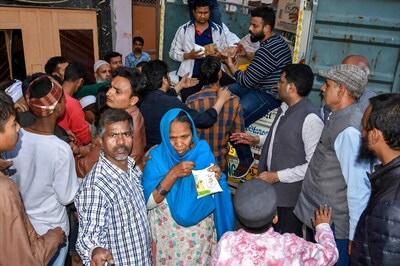

Comments
0 comment